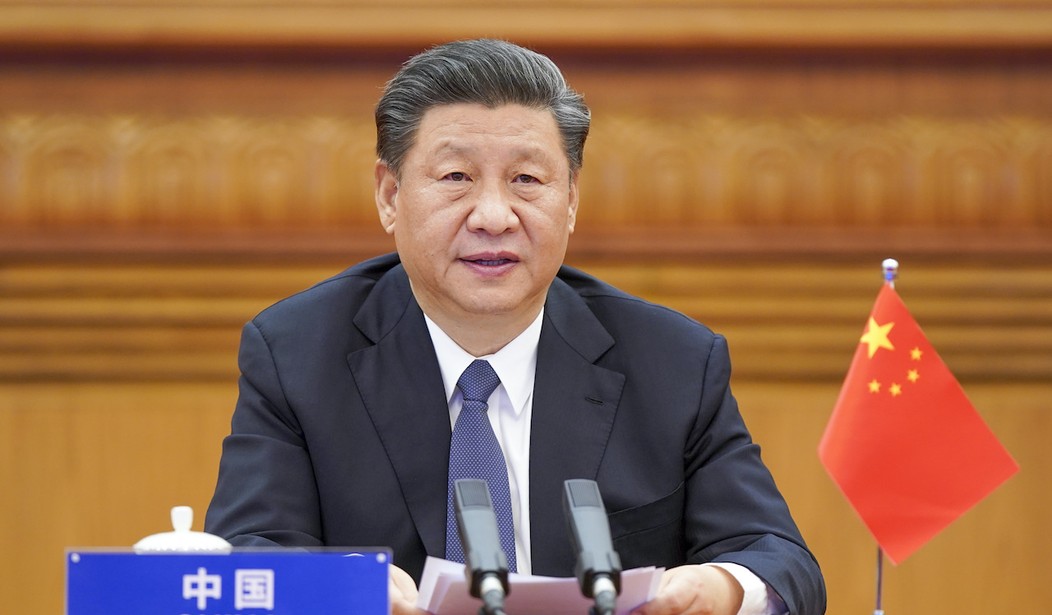China uses about 12 million barrels of oil per day, of which about 10 million are imported. The U.S. consumes about 18 million bpd.
The communist country announced this week that it has discovered a large new domestic shale oilfield, according to Yahoo:
China announced on Wednesday the discovery of a major shale oilfield in the Daqing Oilfield cluster with expected reserves of 1.27 billion tons of oil, Chinese Xinhua news agency reported.
Daqing Oilfield is one of China’s major onshore production centers, and the new discovery is expected to help it boost its oil production in the coming years, according to Xinhua.
That oilfield has about 40 wells producing currently. The new find is expected to boost that significantly, but there’s a catch. The oil and gas in this field are very deep underground, and the field itself lacks sufficient pipeline access according to a very knowledgeable source I reached out to.
The Daqing find is large, but it’s nowhere near the scale of the find in the Permian Basin in 2018. That find is truly massive and game-changing (or was, until Joe Biden clamped down on U.S. energy production and killed the Keystone XL pipeline).
The USGS estimates that over 46 billion barrels of oil, 280 trillion cubic feet of gas, and 20 billion barrels of natural gas liquids are trapped in these low-permeability shale formations. To better understand just how staggering these numbers are, think about this: at the end of 2017, total U.S. proven reserves of crude oil hovered around 40 billion barrels. For natural gas, figures stood around 465 trillion cubic feet (tcf). The new upward revision of Permian resources represents a more than 100% and 65% increase in U.S. oil and gas reserves, respectively, if they can be extracted economically.
The Permian set the stage for the U.S. to become the world’s largest oil and gas producer in 2019 and 2020. Under its new energy policies, though, the Biden administration recently had to ask OPEC+ to pump more oil to bring U.S. gas prices down. OPEC+ dismissed the request out of hand. Biden’s executive orders canceling the Keystone XL and pausing oil and gas leases on federal land have both been challenged in court by several states and developers, and Biden lost on the leases.
Recommended: Joe Biden Is Now the World’s Top Arms Supplier to Terrorists
China’s Daqing find boosts China’s proven reserves and might help boost its domestic production if it can extract the deep energy economically.
China has been buying up oil developers outside its borders including in the U.S. Permian Basin. Surge Energy, which is wholly owned by China’s Shandong Xinchau, is one of the largest producers in the Permian.
The Texas legislature recently banned a Chinese billionaire with close ties to the Chinese Communist Party from buying up thousands of acres in West Texas that he was ostensibly using to build a giant wind farm, out of concerns that the windmills or land could be used for espionage.









Join the conversation as a VIP Member